Wildfires, drought, hurricanes and flooding are devastating the United States and the world, the result, scientists say, of global climate change. A recent White House report said climate change poses a major threat to the nation and a United Nations report said the world has only 12 years to act to stop irreversible damage to the Earth’s atmosphere. History professor Kuecker is working on a project about how humanity will weather the perfect storm of 21st-century crises, including climate change. We asked him:
What can individuals do to halt degradation of the planet?
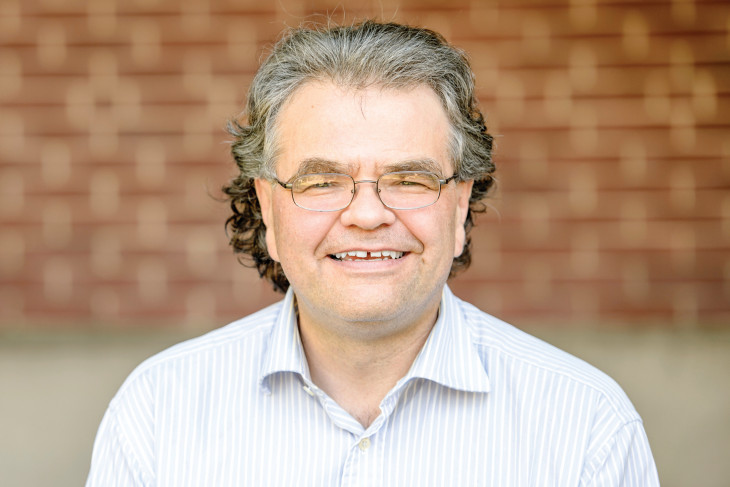
By Glen Kuecker
As the most recent Intergovernmental Panel on Climate Change report warns, the planetary system faces radical disruptions. Your question is an indicator of the immensity of the challenge before us as well as the fallacies lurking within our systems of thought.
Climate change is a “wicked problem,” which means the way the challenge is constituted prevents it from having a solution. It defies the modern epistemic that assumes problems have solutions that are knowable through reason. That way of thinking also premises that the sovereign individual is driven to optimal choices by rational self-interest. While that premise has served many well, it may not be appropriate for addressing the wicked problems before us. Individualism assumes that somehow a global population of nearly 8 billion people will exercise rational choice in a way that “solves” climate change. Pretending that is possible, the correct choice needs to be arrived at now, a time demand too extreme for our circumstances.
If we pass these hurdles, the individual will still need to accept radical change on a voluntary basis. History suggests that the path of voluntary radical change is an exception, not the rule to human behavior. Consider the likely prospect of people immediately and voluntarily enacting one of two possible paths forward. One path is decarbonizing the economy, a measure that would be expensive, disruptive and technologically challenging. The other path is dematerialization of the economy, which could create a sustainable circular economy, but would entail the end of capitalism. Is the individual willing and able to accept the sacrifice, risk and disruption needed for either path? How does a global system scale from the individual voluntarily opting for one of the paths to having nearly 8 billion people make the same rational choice?
Most likely, individual action will pick only the low-hanging fruit, while delaying the need for urgent action. With further delay, the climate crisis will deepen and merge with other systemic crises, such as energy transition, food and water insecurity and ecological degradation. In this scenario, the process of systemic collapse is the midwife of change, one that trumps individual rational choice and, with it, our destiny.
There are, of course, many wild cards in the prognosis for individual action, some of which can generate a collapse-less transition. The prudent course, however, is for individual action that prepares for deepening systemic crises. The most interesting wild card is artificial intelligence, which now shows the potential for being a disruptive game-changer. The rational choice of algorithms will displace human agency, a shift so big that it will fundamentally alter what it means to be human. That change will be upon us sooner than most realize, within the lifetime of DePauw’s current first-year class, but it is not certain if the transition to a post-human world happens before the climate clock takes its last tick.
The Bo(u)lder Question
is a regular feature of DePauw Magazine, which is published three times a year.
DePauw Magazine
Spring 2019
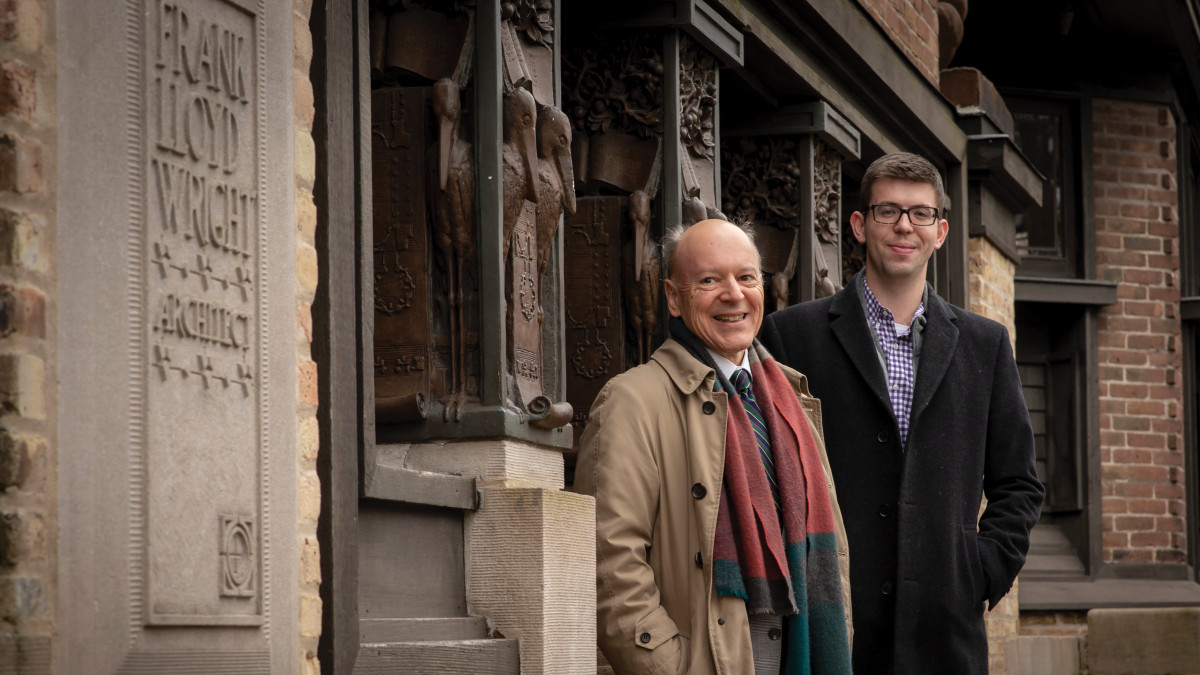 Alums Teach American Culture, Democracy in Ancestors’ Land
Alums Teach American Culture, Democracy in Ancestors’ Land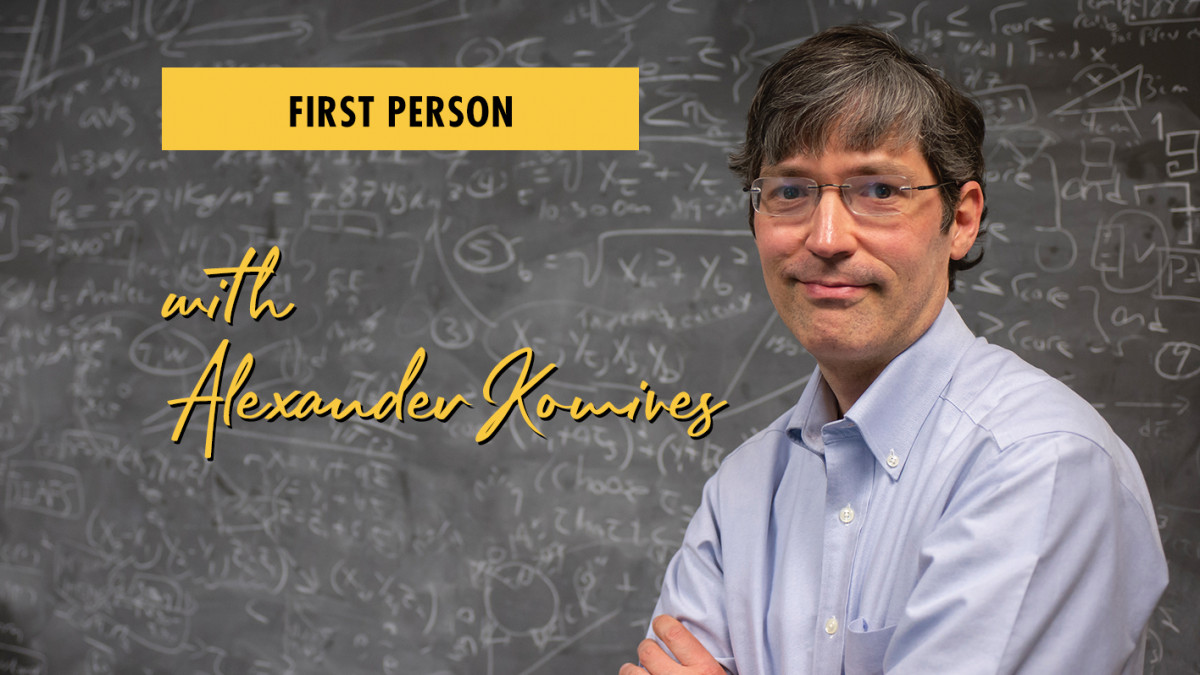 FIRST PERSON With Alexander Komives
FIRST PERSON With Alexander Komives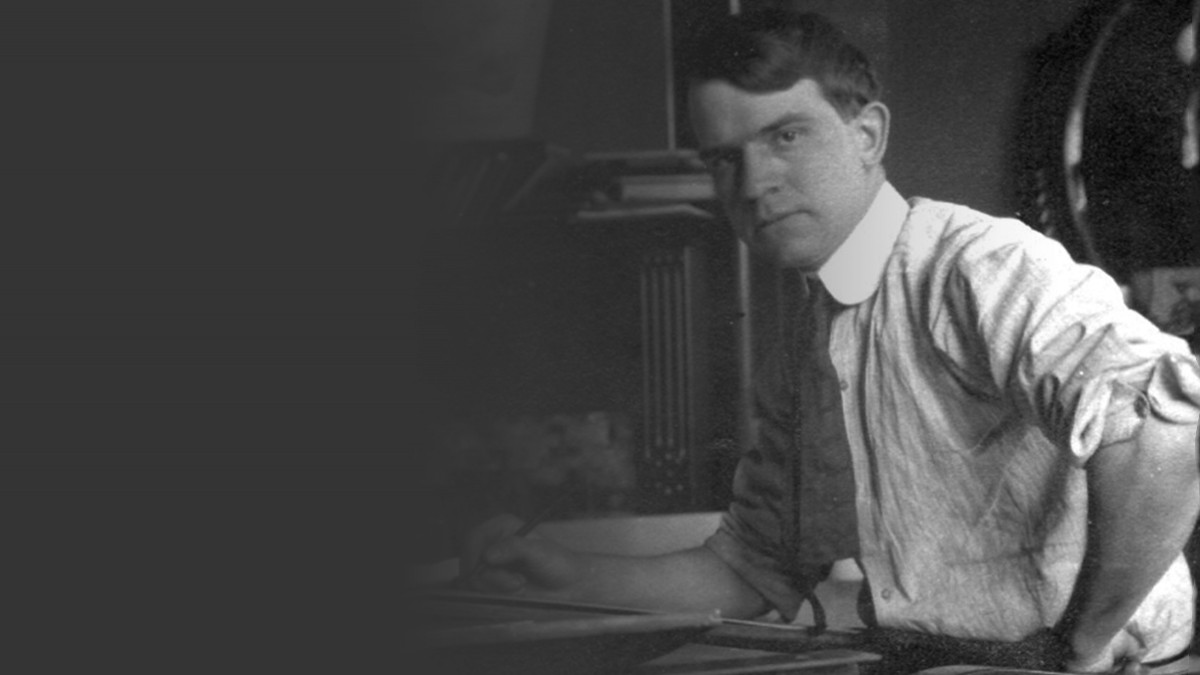 1905 Alum: DePauw’s ’Gone with the Wind’ Connection
1905 Alum: DePauw’s ’Gone with the Wind’ Connection The Bo(u)lder Question By Glen Kuecker
The Bo(u)lder Question By Glen Kuecker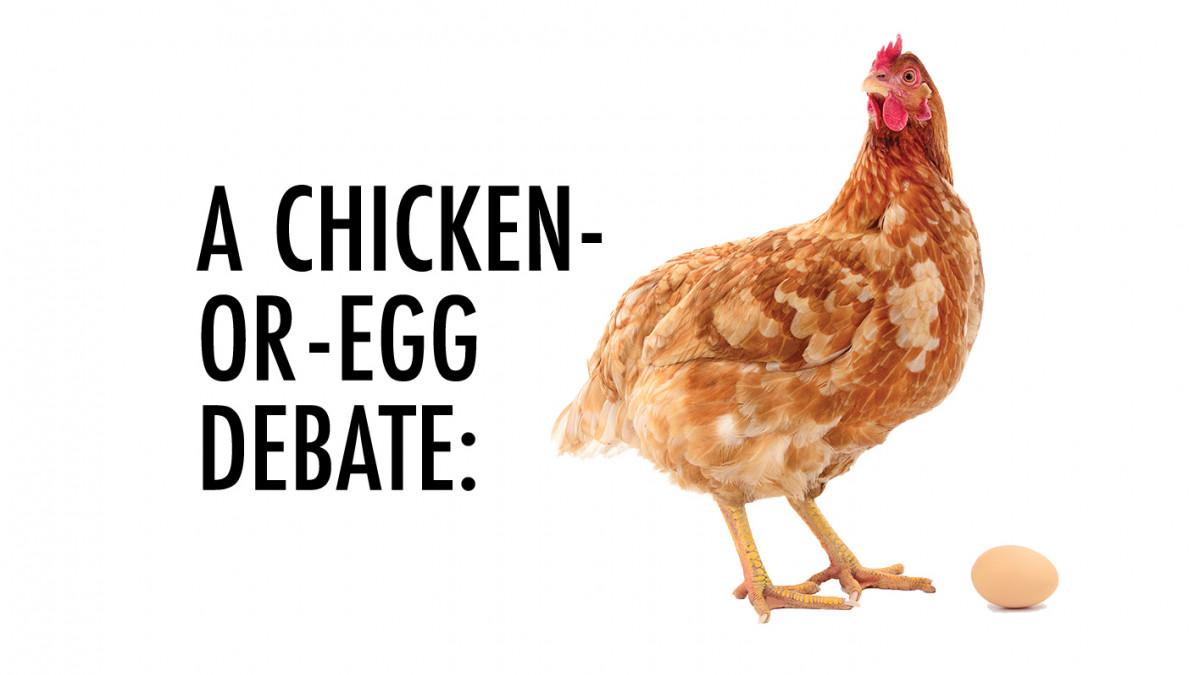 A CHICKEN-OR-EGG DEBATE: Does DePauw attract socially aware students, or does it awaken them?
A CHICKEN-OR-EGG DEBATE: Does DePauw attract socially aware students, or does it awaken them?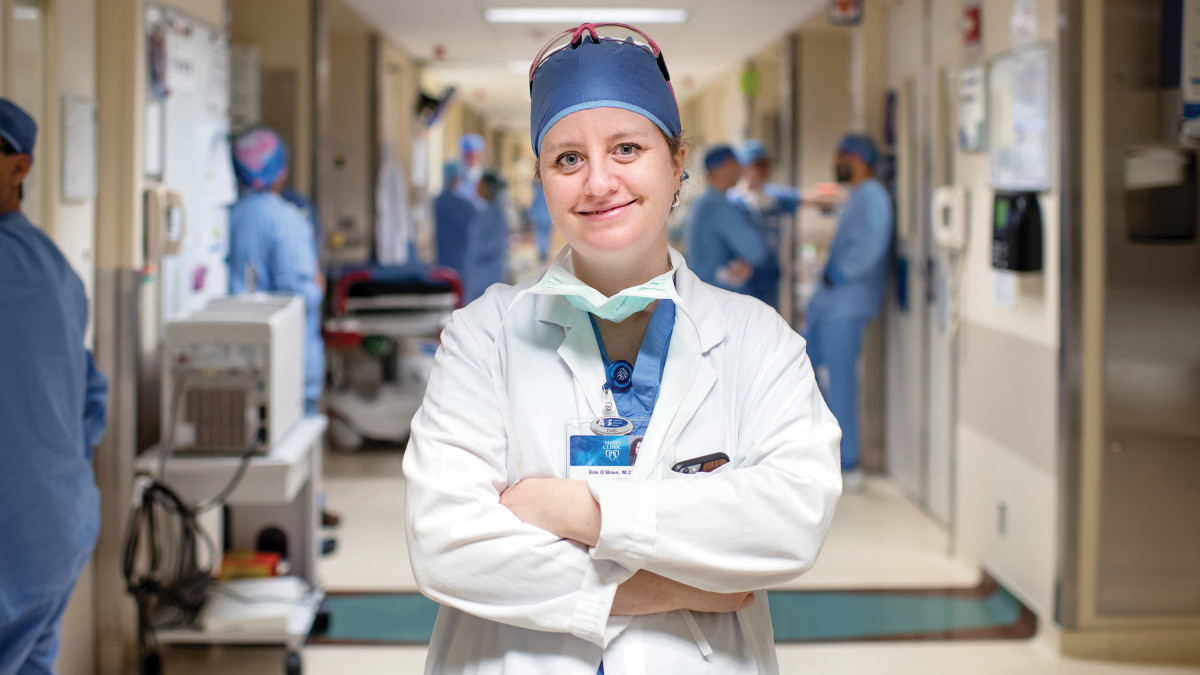 RECTORS: Changing Lives, Changing an Institution, Changing the World
RECTORS: Changing Lives, Changing an Institution, Changing the World
DePauw Stories
A GATHERING PLACE FOR STORYTELLING ABOUT DEPAUW UNIVERSITY
Browse other stories
-
Athletics
-
Women's Golf - Williams Selected Academic All-America®
-
Football - DePauw-Record 190 Student-Athletes Named to NCAC's Dr. Gordon Collins Scholar-Athlete Honor Roll
-
Football - 336 Students Named to 2025 Spring Tiger Pride Honor Roll
More Athletics
-
-
News
-
Outstanding scholars named to Spring 2025 Dean's List
-
Alumni News Roundup - June 6, 2025
-
Transition and Transformation: Inside the First-Year Experience
More News
-
-
People & Profiles
-
11 alums make list of influential Hoosiers
-
DePauw welcomes Dr. Manal Shalaby as Fulbright Scholar-in-Residence
-
DePauw Names New Vice President for Communications and Strategy and Chief of Staff
More People & Profiles
-
-
Have a story idea?
Whether we are writing about the intellectual challenge of our classrooms, a campus life that builds leadership, incredible faculty achievements or the seemingly endless stories of alumni success, we think DePauw has some fun stories to tell.
-
Communications & Marketing
101 E. Seminary St.
Greencastle, IN, 46135-0037
communicate@depauw.eduNews and Media
-
News media: For help with a story, contact:
Bob Weaver, Senior Director of Communications.
bobweaver@depauw.edu.